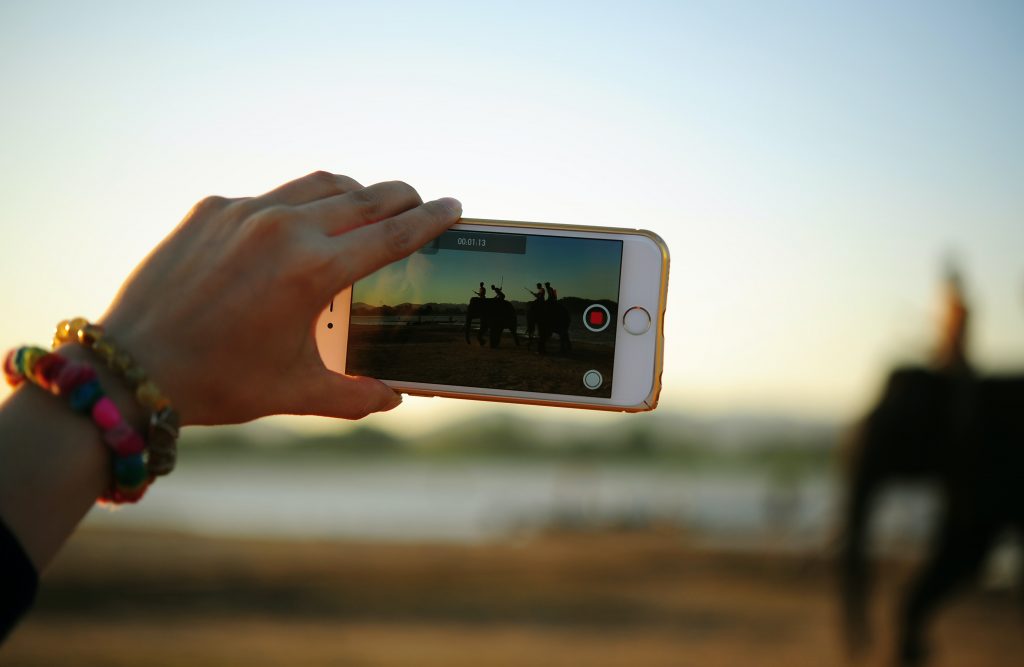What you need to know about monetising online content

If you have a video on an online platform which has gone viral, you might be wondering how you could make money from this video.
One option is to try and monetise the video yourself. Online video platforms, such as YouTube, have agreements where you can make a profit from ads being shown with your video. This may be preferable if you post a large amount of content on your online account and regularly produce videos which are viewed by large numbers of people. However, if your viral video is a one-off success then this may not be possible. This is because YouTube and similar platforms need users to have a certain number of views and subscribers before you are eligible to make money from your YouTube account, and you will only be paid royalties if you generate a certain amount of money a month. The application process also takes time which means you may lose the window of opportunity with your viral success.
Another option is to grant an exclusive licence to viral content library in exchange for royalty payments and/or an upfront fee. An exclusive license means the artist authorises the licensee (in this case the viral content library), and no one else, to do certain things. The artist is also excluded from exercising the rights granted under the licence.
These companies make a profit from viral videos from the ads shown along with the video and by sublicensing the video, for example, to news and media outlets. Similar to doing it yourself, royalty payments will still be subject to your video making a minimum profit. However, viral content libraries will promote the video to increase profitability and will be responsible for dealing with any potential copyright breaches.
In essence, the viral video business model is:
- You provide an exclusive licence to the company in exchange for royalty payments and/or an upfront fee.
- The content is ‘monetised’ in two ways:
1. From ads shown along with the video on YouTube.
2. By sublicensing the video. - The company will use various methods to promote the video with its media partners to attract more viewers.
- Royalty payments are made at regular intervals to you, subject to earnings hitting a certain minimum benchmark.
- The company is responsible for investigating potential infringement and enforcing their intellectual property rights granted under the licence.
- The company generates a profit from the revenue it derives from the content after royalties and other expenses.
If you are thinking of entering an agreement with a viral content library, you should be mindful of the fact that you will ultimately receive less profits for your video in exchange for the convenience. You will also lose control of the distribution of the video and which ads are played with it.
You may have heard of video licensing companies such as Viral Hog, Jukin Media, Video Elephant and Storyful, among others.
Arts Law can review licence agreements for you and can provide you with free or low-cost advice on what your rights and options are. Find out more here.